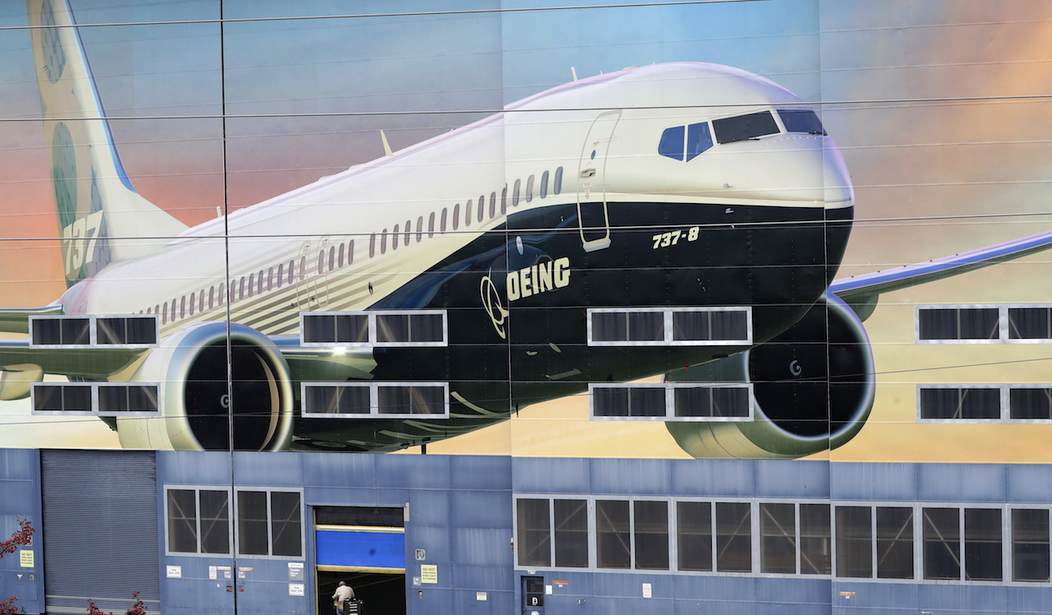People are becoming outraged upon discovering the types of businesses and organizations that are receiving COVID-19 bailouts through the CARES Act and subsequent legislation. Left-leaning media outlets are receiving millions of dollars. The Kennedy Center for the Performing Arts in Washington was given $25 million. Elite universities like Harvard got the bailout money. After public outcry, Harvard, Stanford and a few of the other universities returned the money. Even the Los Angeles Lakers received millions, but they also returned it. Planned Parenthood affiliates improperly received $80 million and now the government wants it back.
There’s another category of businesses receiving bailouts that are questionable. That is government contractors. Since they have regular government business, they’re not getting hit as hard as others. In the last year, the top 20 defense contractors received $200 billion in contracts. Additionally, defense contractors were allowed to keep their employees working. The Aerospace Industries Association convinced the Pentagon to declare them “Essential Critical Infrastructure Workforce” and therefore “expected to maintain their normal work schedules.”
Boeing has contemplated taking a bailout. But the company was just awarded a $128.5 million dollar modification to its Ground-based Midcourse Defense development and sustainment contract earlier this month. And on April 2, Boeing entered into an agreement with the Air Force to receive $882 million in funding for a fleet of KC-46 refueling planes. The Air Force admitted through a spokesperson, Ann Stefanek, that it was part of an effort to “to maximize cash flow, where prudent, to combat coronavirus impacts on the industry base.” Dan Grazier of the Project on Government Oversight said “Boeing has definitely come out ahead in all of this.”
Yet, Boeing still asked for $60 billion dollars to bail out the aerospace manufacturing industry. Nikki Haley famously resigned from the board of Boeing over it. So far, the company hasn’t accepted any of the $17 billion bailout that ended up being awarded for the industry, because the government said it would come with partial government ownership. CEO David Calhoun admitted Boeing could get the money from the private sector instead.
Recommended
The airline industry has been drastically affected, making it more difficult to buy planes from Boeing. But the government bailed out the airline industry with $50 billion. Most of it, 70 percent, does not have to be repaid.
Boeing isn’t “too big to fail.” In contrast, the banks that received bailouts in the 2008-09 financial crash were part of the backbone of business; they lend, which is necessary so businesses can pay workers, finance inventory, build facilities, and invest in new technologies. Without them, the whole economy comes crashing down. Not that bailing them out was the only option — plenty of experts disagreed. However, they are more fundamental to the economy than Boeing. Boeing doesn’t lend. Worst case scenario, like GM, Boeing could go bankrupt and restructure its debt under Chapter 11. Its suppliers would still get paid and it could still make planes.
The federal government is making adjustments to contracts in order to get money to these companies faster. Shay Assad, a former senior Pentagon official, doesn’t even think this is necessary. He called it a “taxpayer ripoff” since the industry has the ability to borrow money at very low interest rates.
There are plenty of familiar names on the list of the federal government’s top 100 contractors. They include AT&T, MIT, IBM, Pfizer, FedEx and Honeywell. And these are just the biggest ones. There are thousands of businesses with government contracts. Careful consideration needs to be given to providing stimulus funds to these corporations. It’s not clear whether any of the top 100 have received bailout funds, since the full list hasn’t been released yet.
The Coronavirus Stimulus Package contains $2.2 trillion. Note that’s trillion, not billion. Now is not the time to be throwing extra money at corporations that have stable income already coming in through government contracts. Yet $425 billion has been designated to go to large corporations.
It’s true that companies like Boeing are important to national defense. But their CEO said they’re better suited to getting money from the private sector. They have now raised $25 million from private lenders in a bond sale. If Boeing can survive without government assistance, many of these other large government contractors can too.
This is one area where Republicans and Democrats can agree. While this economic crisis is different from others in that government deliberately caused much of it in order to contain COVID-19, bailout help must be prioritized. Large corporations with a steady stream of income from government contracts that are already being sped up to combat the crisis should not be treated the same as small businesses that have no safety net.

























Join the conversation as a VIP Member